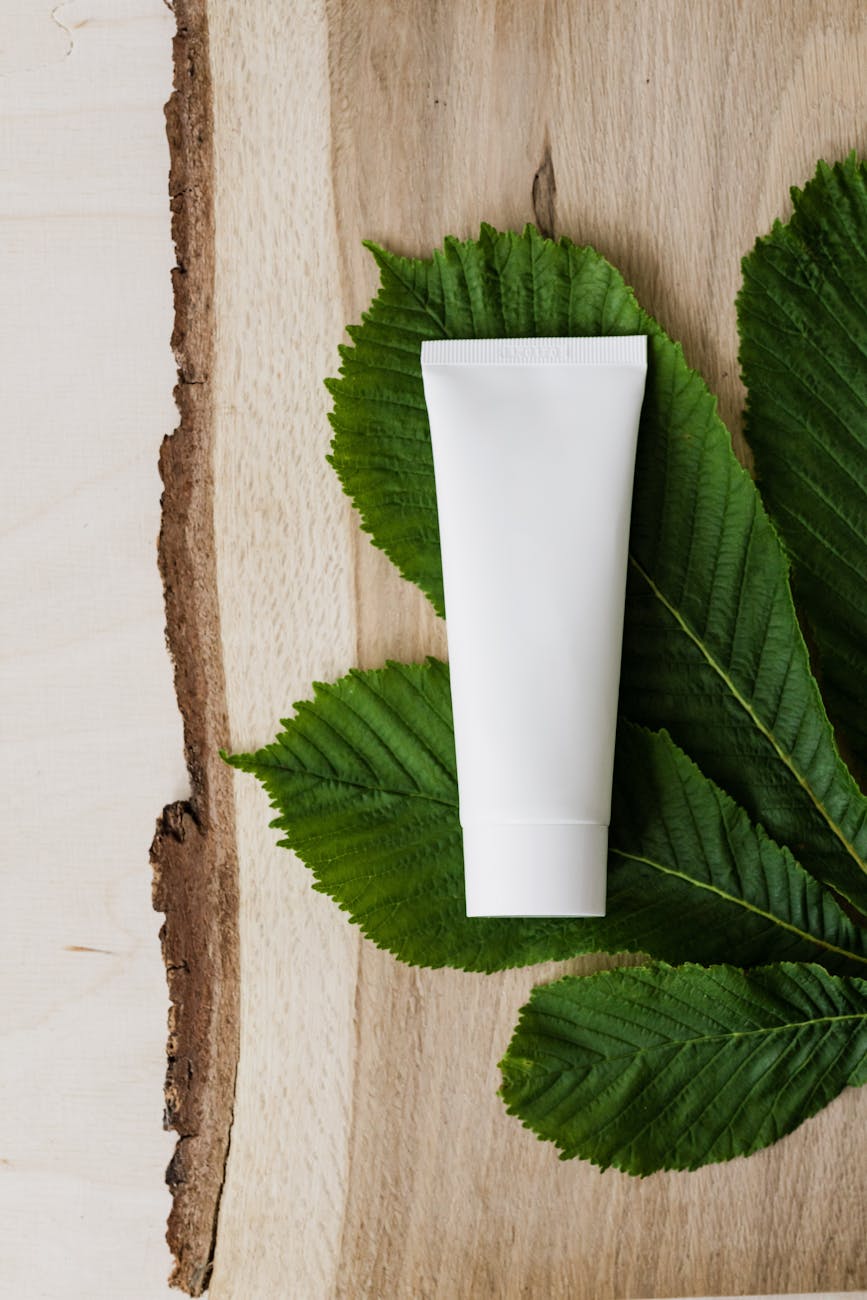Cold sores (otherwise known as herpes simplex labialis) are red, fluid-filled blister that usually appear on the lips.
They are a common disease that can induce stress in the person dealing with it because of the change to appearance and their ability to reappear.
Today, in this new Skinformation series, we will take a deep dive into cold sores.
What is are cold sores?
A general definition would describe them as painful eruptions on the lip or face area, that is caused by the herpes simplex virus.
They have no cure and are incredibly contagious. Lasting for two weeks generally, one of their biggest bug bears is that, the can reoccur periodically.
How are they caused?
Simply put, by a virus.
The herpes simplex labialis (HSL), specifically refers to the virus that affects lips. However the herpes simplex virus can be distinguished into two types.
These are (HSV-1) which usually causes cold sores, and the herpes simplex type 2 virus (HSV-2) usually causes genital herpes.
How do you prevent getting a cold sore?
It’s extremely difficult to prevent infection because they can be spread before they can be seen.
The best way to prevent the spread of infection, if you’ve already been infected, is to wash your hands a face often and do not become intimate with anyone who has either infection, until it subsides.
What are the symptoms?
In some instance there are no symptoms. However, you can suffer from painful and cosmetically disfiguring cold sores. These types of sores are the most common symptom of infection.
These usually occur on the outside of the mouth but can also occur on the gums and roof of the mouth.
The sore can last up to two weeks and will usually go away on its own.
How do you treat a cold sore?
There is no cure for this infection but we can use medications to help them heal faster.
The most effective treatment is the use of antiviral medications, which can be prescribed to you by your doctor.
It is also advisable that you use ointments and creams to deal with the pain and dryness, that is often associated with these infections. Again, depending on where you live, your doctor should be the one to prescribe the correct antiviral ointment.
References
Chi CC, Wang SH, Delamere FM, Wojnarowska F, Peters MC, Kanjirath PP. Interventions for prevention of herpes simplex labialis (cold sores on the lips). Cochrane Database of Systematic Reviews 2015, Issue 8. Art. No.: CD010095. DOI: 10.1002/14651858.CD010095.pub2. Accessed 22 March 2021.
https://medlineplus.gov/coldsores.html




Leave a Reply